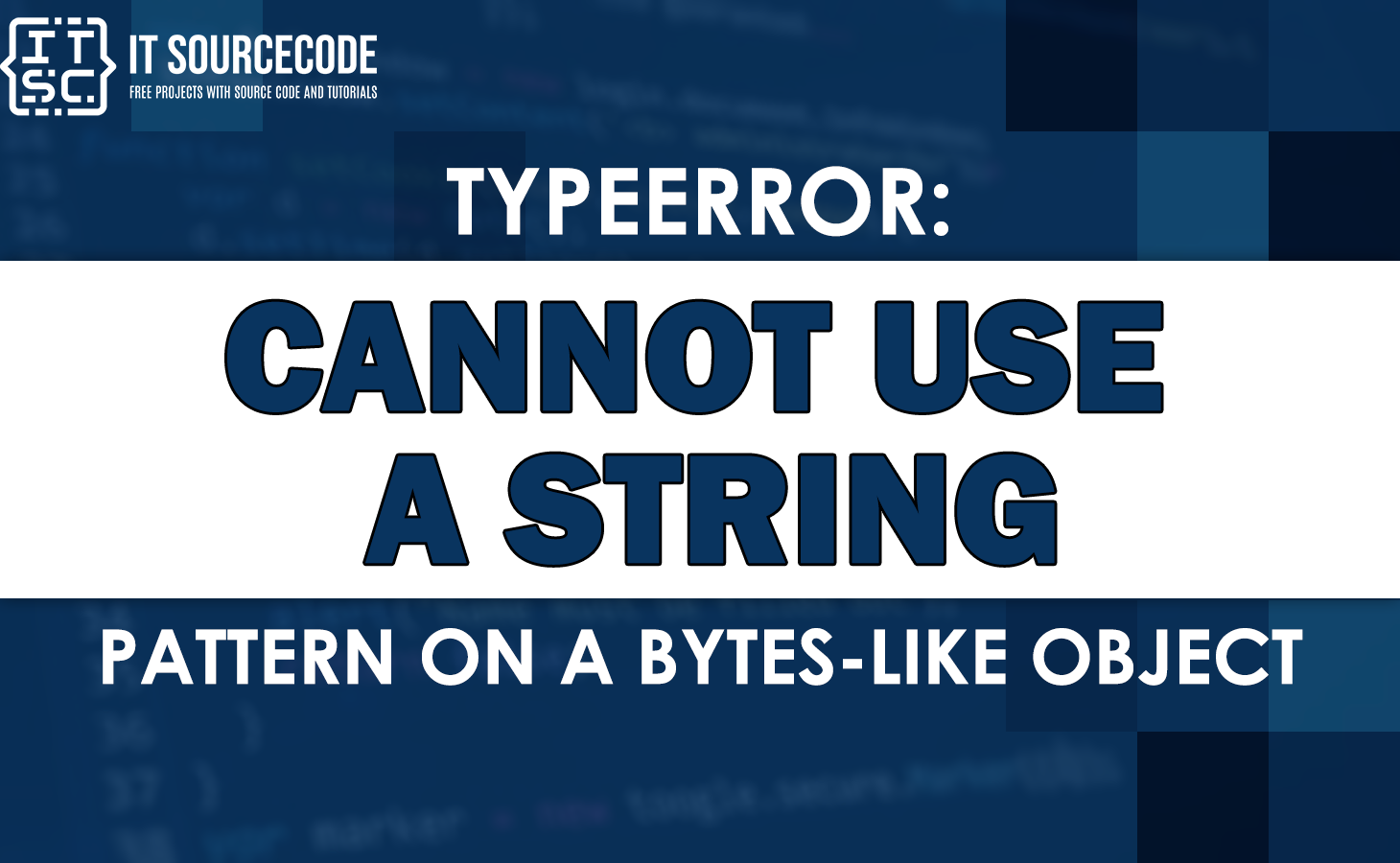Have you encountered the “TypeError: ‘list’ object cannot be interpreted as an integer” error?
This error appears in two possible scenarios namely:
- Passing a list to the range function
- Passing a list to the pop function
In this article, we’ll explain the cases of this error and provide solutions to fix it.
We’ll also provide examples and code snippets to illustrate the different solutions to the “Typeerror: list object cannot be interpreted as an integer” error.
By the end of this post, you’ll have a clear understanding of how to handle binary and string data in Python without encountering this common error.
What is typeerror: list object cannot be interpreted as an integer?
A “TypeError: list object cannot be interpreted as an integer” error typically occurs in Python when trying to perform an operation that requires an integer on a list object.
For example, if you have a list and try to use it as an argument for a function that expects an integer, you may receive this error. This is because the function is expecting an integer argument, but instead received a list object.
Cases of why ‘list’ object cannot be interpreted as an integer occur
These are the two common cases why this list object cannot be interpreted as an integer occurs.
- Passing a list to the range function
- Passing a list to the pop function
Here is how an error occurs when we pass a list to the range function
# passing a list to the range function:
my_list = [10, 20, 30]
# range expects an integer, but a list is passed
for i in range(my_list):
print(i)Because the range function can only accept an integer argument, yet, we passed a list in the example above.
As a result, it will throw an error as follows:
Traceback (most recent call last):
File “C:\Users\Windows\PycharmProjects\pythonProject1\main.py”, line 5, in
for i in range(my_list):
TypeError: ‘list’ object cannot be interpreted as an integer
Another example of how this error occurs is when we passed a list to the list.pop function.
my_list = [10, 20, 30]
my_list.pop([1])This will output the following error:
Traceback (most recent call last):
File “C:\Users\Windows\PycharmProjects\pythonProject1\main.py”, line 3, in
my_list.pop([1])
TypeError: ‘list’ object cannot be interpreted as an integer
The next section will present solutions to the example error given above.
Typeerror: ‘list’ object cannot be interpreted as an integer — Solutions
This time we will fix the Typeerror: ‘list’ object cannot be interpreted as an integer. Here are the following solutions:
- Pass an integer instead of a list to the function
- Remove the square brackets
Pass an integer instead of a list to the function
One way to fix the error is we need to pass an integer instead of a list to the function that causes the error.
Meanwhile, if we want to iterate over a list with a for loop, we can directly pass the list.
For example:
my_list = [10, 20, 30]
for i in my_list:
print(i)Output:
10
20
30
In addition to this, use enumerate function when an index value is needed in for loop.
Since, enumerate function returns the index and value of a list, therefore, we should define two variables in for loop.
For example:
my_list = ['it', 'source', 'code']
for ndx, val in enumerate(my_list):
print(ndx, val)Output:
0 it
1 source
2 code
The indices are 0, 1, 2 and the values are it, source, code. Where enumerate function allows the index values used in for statement.
Remove the square brackets
Another way to fix the error is to remove the square brackets in the case where you passing a list to the list.pop function.
It is because pop function only accepts an integer argument that represents the index of the element you want to pop from the list.
For example:
my_list = [10, 20, 30]
val = my_list.pop(1)
print(val)Output:
20
Note: You need to pass an integer instead of a list, not a list with integer elements.
If you are finding solutions to some errors you might encounter we also have TypeError can’t concat str to bytes.
Conclusion
To sum up, the Python TypeError: list object cannot be interpreted as an integer means we are passing a list to a function that expects an integer value.
To fix this error, don’t pass a list to the range function, and if you want to iterate over a list with index value included use enumerate function.
FAQs
“List object cannot be interpreted as an integer” is a type of error message that you may encounter while programming in a language like Python.
This error message typically means that you are trying to use a list as an integer in an operation where an integer is expected
To convert a list to an integer in Python, you can use the int() function.
However, this only works if the list contains a single element which is a string representing a valid integer.

